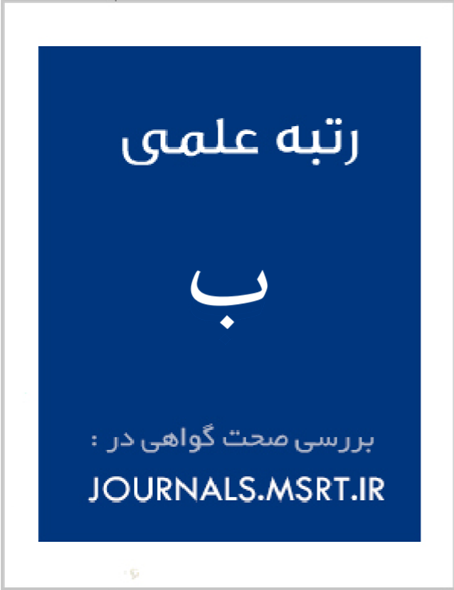Identifying the Factors Influencing the Internalization of Moral Values in Informal Religious Education
Keywords:
Moral value internalization, informal religious education, moral development, educator-learner interaction, thematic analysisAbstract
This study aims to identify the factors influencing the internalization of moral values in informal religious education within the cultural context of Iran. This research employed a qualitative approach using thematic analysis. Data were collected through semi-structured interviews with 20 participants including religious educators, learners, and practitioners of informal religious education in Tehran. Participants were selected through purposive sampling with experiential diversity, and data collection continued until theoretical saturation. Thematic coding (open, axial, and selective) was performed using NVivo software. Analysis revealed three main categories: "interpersonal and relational factors," "contextual and environmental structures," and "intrapersonal elements of the learner." These included 15 subcategories and over 60 open codes. Key influencing factors included face-to-face interaction, the personal character of educators, learners’ lived experiences, informal settings, cultural congruence, and psychological readiness. Effective internalization of moral values requires deep human interaction, meaningful educational contexts, and cognitive-affective readiness among learners. Informal religious education, when aligned with cultural and relational elements, can play a vital role in embedding moral values.
Downloads
Downloads
Published
Submitted
Revised
Accepted
Issue
Section
License

This work is licensed under a Creative Commons Attribution-NonCommercial 4.0 International License.


